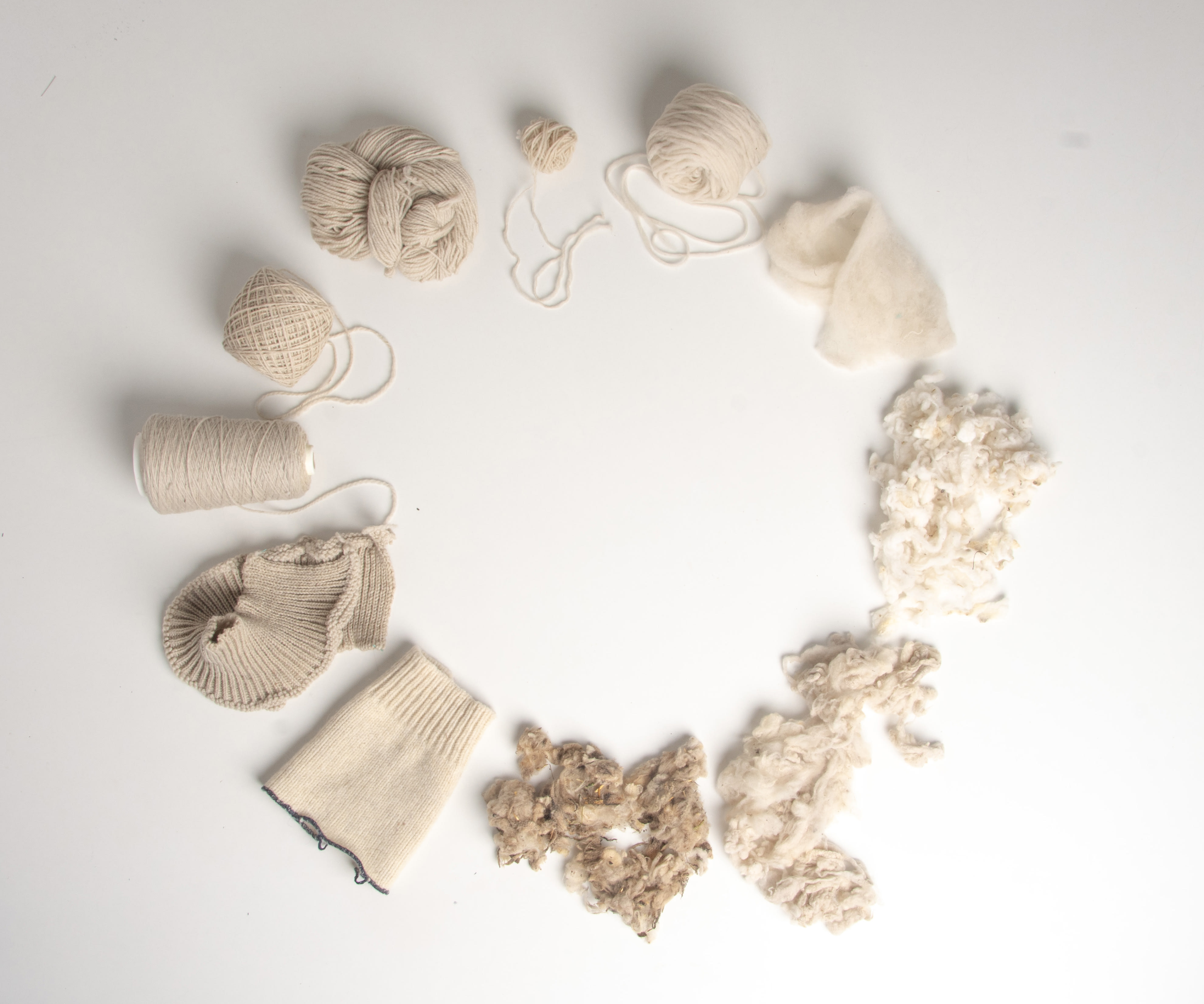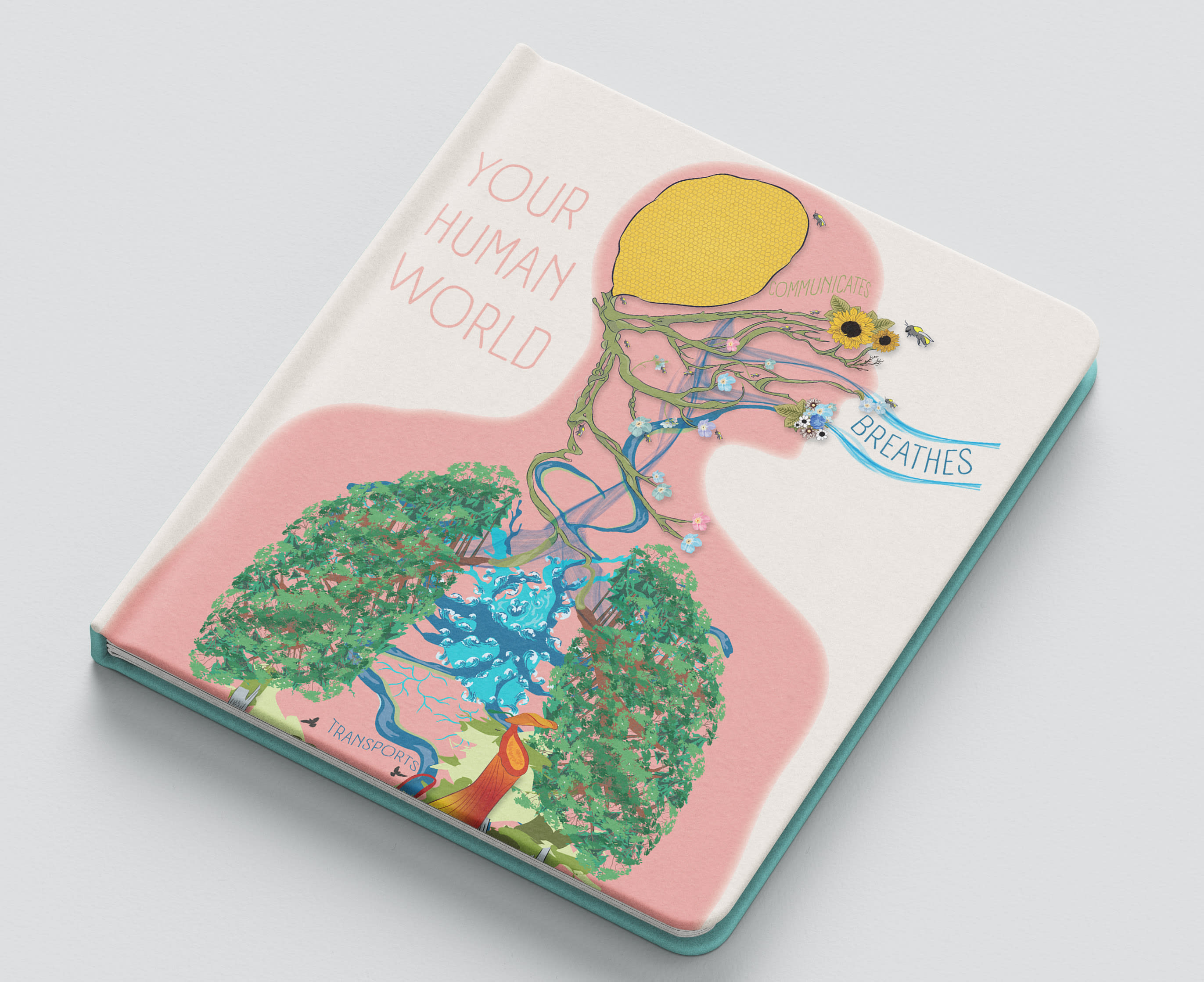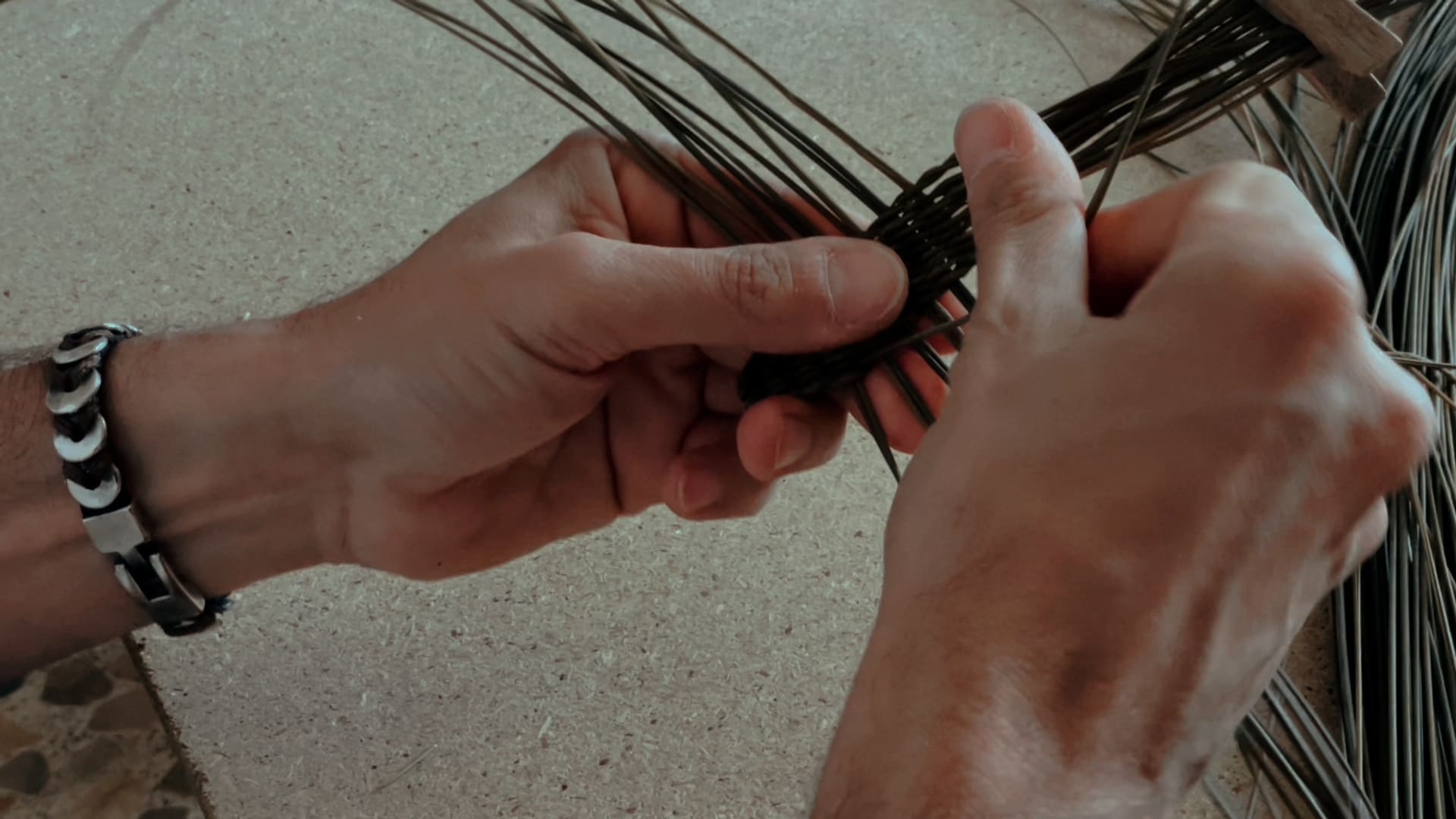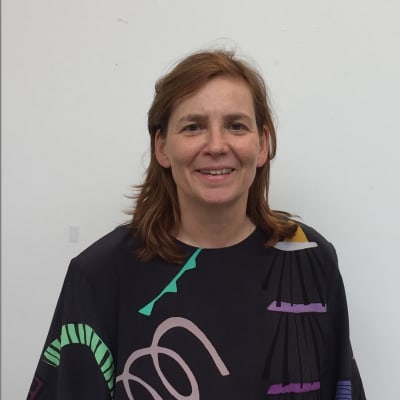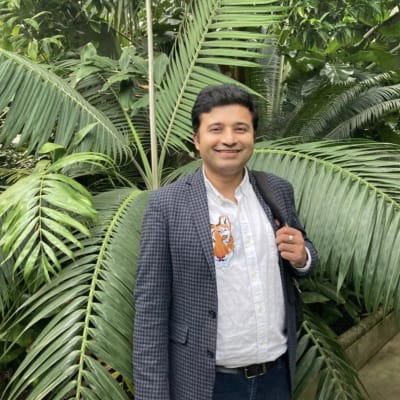Course units
The course is fully online and builds on an integrated mode of learning where the knowledge acquired in one unit provides the foundation for the learning in the next unit with a total of four units over two academic years.
The first unit is ‘front-loaded’ in terms of formal teaching as it forms the foundational platform for the rest of the course. As the units progress, the proportion of self-directed and independent study will increase and formal teaching time will be reduced. This is to provide you with space to become confident in developing an individual and creative approach to regenerative design.
During the units diverse workshops are facilitated to bring students together to exchange and share knowledge and help build and sustain an enriching online community and network of practice.
Unit two is designed as a collaborative elective unit to broaden access to the wider students’ postgraduate community via interdisciplinary group work addressing theme-based global challenges.
Unit 3 and 4 are dedicated to the development and realisation of an individual regenerative design project located in your home region.
Unit 1: Design for Life
A Living Systems Approach to Design
In order to reach beyond the limitations and pitfalls of sustainable design, we need to facilitate a paradigm shift in how, what and why we design. Informed by deep ecology principles (Naess), living system thinking (Capra, Reed, Escobar) and scenarios for regenerative cultures, this unit will deconstruct prior learning and challenge students to re-evaluate their design practice with radical new lenses that embody living systems thinking and place biodiversity, climate, cultural and socio-economic equity, and indigenous wisdom at the heart of their creative process.
By integrating knowledge, tools and methodologies from the fields of ecology and cultural anthropology, this unit will enable students to build the foundations to create holistic and regenerative design outputs.
The unit will start with a 3-day induction workshop to build an online cohort dynamic, share and exchange cultural values, design contexts and backgrounds and introduce the course ethos as well as provide key induction sessions.
The core of the unit is constituted of a series of short design exercises combined with lectures, knowledge gathering and mapping seminars, group critiques, and workshops. Various knowledge exercises will provide a creative canvas for students to experiment with new knowledge informed by: planetary boundaries, permaculture, circular and regenerative systems, biodiversity, climate research and science-based targets, nature conservation and rewilding, international frameworks and governance (UN SDGs, COPs), cultural anthropology, decolonisation and indigenous knowledge, holism, and ethics of care.
At the end of this unit students will submit an annotated portfolio of experimental design work that shows critical reflection and positioning; an annotated bibliography and glossary, a self-assessment and an oral presentation.
This unit is cross-referenced with
UN SDGs: all.
UAL Creative attributes framework:
1 - Making things happen: Proactivity, Agility
3 - Life-wide learning: Curiosity, Self-efficacity, Resilience
Unit 2: The Collaborative Unit
Building collaborative practices to address planetary challenges
This unit provides opportunities for interdisciplinary research and cross-course creative practices in relation to global challenges and spans the College's programmes. The unit offers a range of thematic, experimental and applied approaches, which establish a robust framework for developing creative practices across the College in relation to knowledge sharing / exchange and our wider social purpose(s).
The aims of this unit are to explore the potential of collaborative practice and equip you with the ability to apply interdisciplinary approaches through collective agency. It supports you in building communities of practice across the College, drawing on interdisciplinary expertise and group working methods from a breadth of disciplines. The unit explores how relational and networked-based practices can create positive impact, based on a shared concern for a specific place or community of humans and non-humans, to create common and shared well-being.
You will be encouraged to develop interdisciplinary and collaborative skills, a practice-led approach that directly addresses specific global challenges and considers their social, political and ethical dimensions. You will need to evidence your ability to question norms, practices and opinions; to reflect on your own values, perceptions and actions; and to take a position in the wider discourse.
Unit delivery will include teaching and learning in cross-course groups to enable a deeper level of debate and peer critique. You will be asked to collectively explore, debate and (re)define your practice to establish the nature of the cross-course collaboration and how you will work together to produce an agreed set of project outcomes. Cross-course groups will meet regularly to discuss their projects in an independent self-directed manner.
This unit is cross-referenced with:
UN SDGs: a selection of SDGs as identified in the design brief.
UAL Creative attributes framework:
1 - Making things happen: Proactivity, Enterprise, Agility
2 - Showcasing abilities and accomplishments with others: Communication, Connectivity, Storytelling
Unit 3: Design For And With Your Biosphere
Place-based action research
In this unit students will research, develop and frame an individual regenerative design brief related to their local biosphere via an action research project. They will use living system thinking tools to frame a pertinent research question, establish a relevant network of potential collaborators, and develop bespoke ecological and cultural surveys and observations as well as experimental design work.
This unit will include lectures and workshops on ecological, anthropological and design research tools and ethics that inform the development of a situated practice designed to promote reciprocal eco-cultural abundance.
Regular tutorial support will enable students to discuss their progress and develop a bespoke approach to regenerative principles informed by their local context. At the end of this unit students will present their research proposal, situate their action research (including rationale, research methodology and stakeholder cartography) and map out the regenerative blueprint for their design practice in terms of biodiversity, climate and communities.
For the final summative assessment, students will submit an annotated design portfolio which includes design brief, field work and film research, prototypes (as appropriate) and final design outputs, a bibliography and relevant documentation (surveys, interviews, analysis...), a legacy forecast, as well as a self-assessment and an oral presentation.
This unit is cross-referenced with
UN SDGs: as identified by the students
UAL Creative attributes framework:
1 - Making things happen: Proactivity, Enterprise, Agility
2 - Showcasing abilities and accomplishments with others: Communication, Connectivity, Storytelling
3 - Life-wide learning: Curiosity, Self-efficacity, Resilience
Unit 4: Design for Regenerative Futures
Regenerative design development and conclusions, critical evaluation and legacy forecast
In this concluding unit students will use the research and outcomes produced in unit three as a platform to develop a well resolved final regenerative design project. They will also evaluate and forecast the holistic impact and regenerative legacy of their project in terms bio-cultural abundance and reciprocity. This unit will start with a design workshop looking into the diverse directionalities of the regenerative design proposal.
Students will also be introduced to foresight techniques to develop an informed and situated legacy forecast for their regenerative design proposal.
At the end of this unit students will submit a design portfolio, an analytical critical report, a short film and a project presentation at an online public symposium. This presentation will include a project legacy roadmap, a critical evaluation, and a short video to communicate the project.
This unit is cross-referenced with
UN SDGs: as identified by the students
UAL Creative attributes framework:
1 - Making things happen: Proactivity, Enterprise, Agility
2 - Showcasing abilities and accomplishments with others: Communication, Connectivity, Storytelling
3 - Life-wide learning: Curiosity, Self-efficacity, Resilience
Important note concerning academic progression through your course: If you are required to retake a unit you will need to cease further study on the course until you have passed the unit concerned. Once you have successfully passed this unit, you will be able to proceed onto the next unit. Retaking a unit might require you to take time out of study, which could affect other things such as student loans or the visa status for international students.
CSM Academic Support is delivered by a team of academics and practitioners working alongside your course to help you progress and achieve your maximum potential as a student. Academic Support can help you to develop your skills in different areas, including critical thinking, research and writing, time management, presentations and working independently and collaboratively. These may be offered as part of your timetabled classes or as bookable tutorials and workshops.
Mode of Study
MA Regenerative Design is offered in extended full-time mode which runs for 60 weeks over two academic years delivered fully online. You will be expected to commit 30 hours per week to study, which includes teaching time and independent study.
The course has been designed in this way to enable you to pursue studies, while also undertaking part-time employment, internships or care responsibilities.
Credit and award requirements
The course is credit-rated at 180 credits.
On successfully completing the course, you will gain a Master of Arts (MA degree).
Under the Framework for Higher Education Qualifications, an MA is Level 7. All units must be passed in order to achieve the MA but the classification of the award is derived from the mark for the final unit only.
If you are unable to continue on the course, a Postgraduate Certificate (PG Cert) will normally be offered following the successful completion of 60 credits, or a Postgraduate Diploma (PG Dip) following the successful completion of 120 credits


